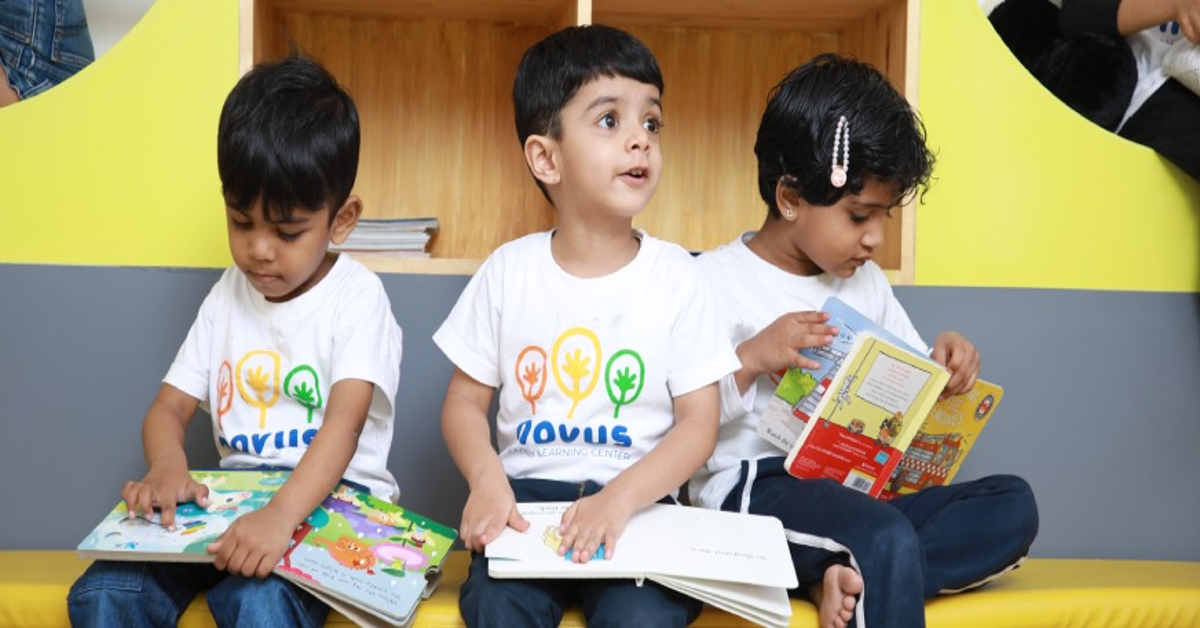Nurturing Young Minds: The Importance of Early Childhood Education
Early Childhood Education is more than just the first step in a child’s academic journey—it’s the foundation upon which all future learning, behavior, and health are built. In the earliest years, children’s brains develop at a rapid pace, forming neural connections that shape their cognitive, social, and emotional skills. This critical window of growth offers an unparalleled opportunity to cultivate curiosity, resilience, and a love of learning that will last a lifetime.
Why the Early Years Matter So Much
The first five years of life are often referred to as the “formative years” for good reason. During this time, children absorb information like sponges. Experiences, relationships, and interactions directly influence how they perceive the world and themselves. Research shows that quality care and education at this stage can dramatically impact future success in school and beyond. Children who receive structured, engaging, and nurturing early learning experiences tend to develop stronger language skills, better problem-solving abilities, and higher levels of confidence.
The Role of Play in Learning
One of the most remarkable aspects of early learning is that play is not just recreation—it’s education in action. Play-based learning allows children to explore, experiment, and make sense of their surroundings. Whether they’re stacking blocks, engaging in pretend scenarios, or solving puzzles, children are developing critical thinking skills and creativity. Play also fosters social abilities like sharing, cooperation, and empathy, all of which are vital for healthy relationships later in life.
Building Emotional and Social Skills
Academic skills are essential, but so too are emotional intelligence and interpersonal skills. High-quality early learning programs place emphasis on helping children identify their emotions, understand the feelings of others, and manage social interactions constructively. For example, group activities encourage teamwork, while guided discussions help children practice expressing themselves clearly and respectfully. These lessons in empathy, patience, and cooperation often have as much impact on life outcomes as reading and math readiness.
The Educator’s Role in Shaping Young Learners
Educators in the early years do much more than teach letters and numbers. They are facilitators, role models, and nurturers who create safe and stimulating environments. Skilled early childhood educators understand that every child develops at their own pace, and they adapt activities to suit different learning styles. They observe closely, provide gentle guidance, and encourage children to ask questions, take risks, and learn from mistakes.
Involving Families in the Learning Process
Parents and caregivers play an equally important role in early learning. When families are engaged in their child’s education, the benefits multiply. Communication between educators and families helps ensure that learning is reinforced at home and that children receive consistent support. Simple activities like reading together, discussing the day’s events, and encouraging curiosity can make a significant difference.
Furthermore, a strong home-school connection builds trust, enabling educators and families to work collaboratively to address any developmental concerns early on.
Equity and Access in Early Learning
While the benefits of quality early learning are clear, access is not always equal. Socioeconomic barriers, geographic limitations, and lack of resources can prevent some children from receiving the education they deserve. This disparity can lead to a persistent achievement gap later in life. Advocates stress the importance of making high-quality programs affordable and accessible to all families, ensuring that every child has the opportunity to reach their full potential.
Early Childhood Education and Lifelong Success
Longitudinal studies have found that children who participate in structured early learning programs are more likely to graduate high school, pursue higher education, and maintain stable employment as adults. They also tend to have better health outcomes and lower rates of involvement with the criminal justice system. These far-reaching benefits illustrate that investing in young children yields dividends not only for individuals but for society as a whole.
In economic terms, quality early education is one of the smartest investments a community can make. By fostering skills such as problem-solving, adaptability, and collaboration from a young age, societies prepare their future workforce to thrive in an ever-changing world.
The Evolving Nature of Early Learning
As our understanding of child development grows, so too does our approach to teaching young learners. Modern early learning programs integrate technology thoughtfully, incorporate multicultural perspectives, and focus on holistic development. The emphasis has shifted from rote memorization to fostering critical thinking, emotional intelligence, and a lifelong love of learning.
At the same time, educators recognize the importance of nature and physical activity in a child’s day. Outdoor exploration, hands-on science activities, and movement-based games promote physical health while also stimulating curiosity and discovery.
Supporting Educators and Programs
The quality of an early learning program is closely tied to the training, resources, and support available to its educators. Professional development, fair compensation, and a supportive work environment help ensure that teachers can deliver the highest quality instruction and care. Communities and policymakers must recognize the pivotal role these professionals play in shaping future generations and provide the resources necessary to help them succeed.
The Future of Early Learning
Looking ahead, the demand for high-quality early learning programs will only grow as awareness of their benefits increases. Communities, governments, and private organizations must work together to remove barriers, innovate new teaching methods, and ensure sustainability. This means expanding programs, improving affordability, and leveraging research to create the most effective learning environments possible.
By prioritizing the early years, we can create a society where every child, regardless of background, enters school with confidence, curiosity, and a strong foundation for lifelong achievement.
Conclusion
The value of Early Childhood Education cannot be overstated. It is the cornerstone of academic readiness, social competence, and emotional resilience. By investing in quality programs, supporting educators, engaging families, and ensuring equitable access, we lay the groundwork for a brighter future—not just for individual children, but for entire communities. When we nurture our youngest learners, we invest in a generation that will lead with knowledge, empathy, and creativity.







